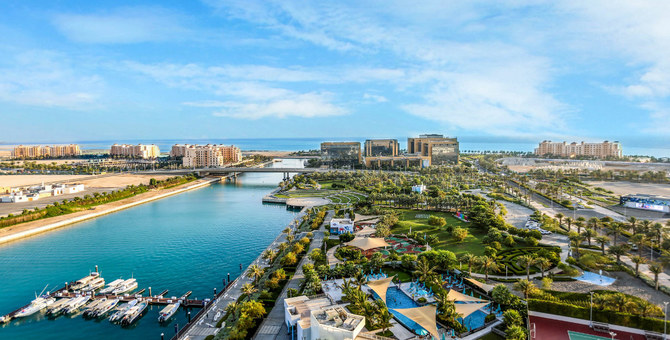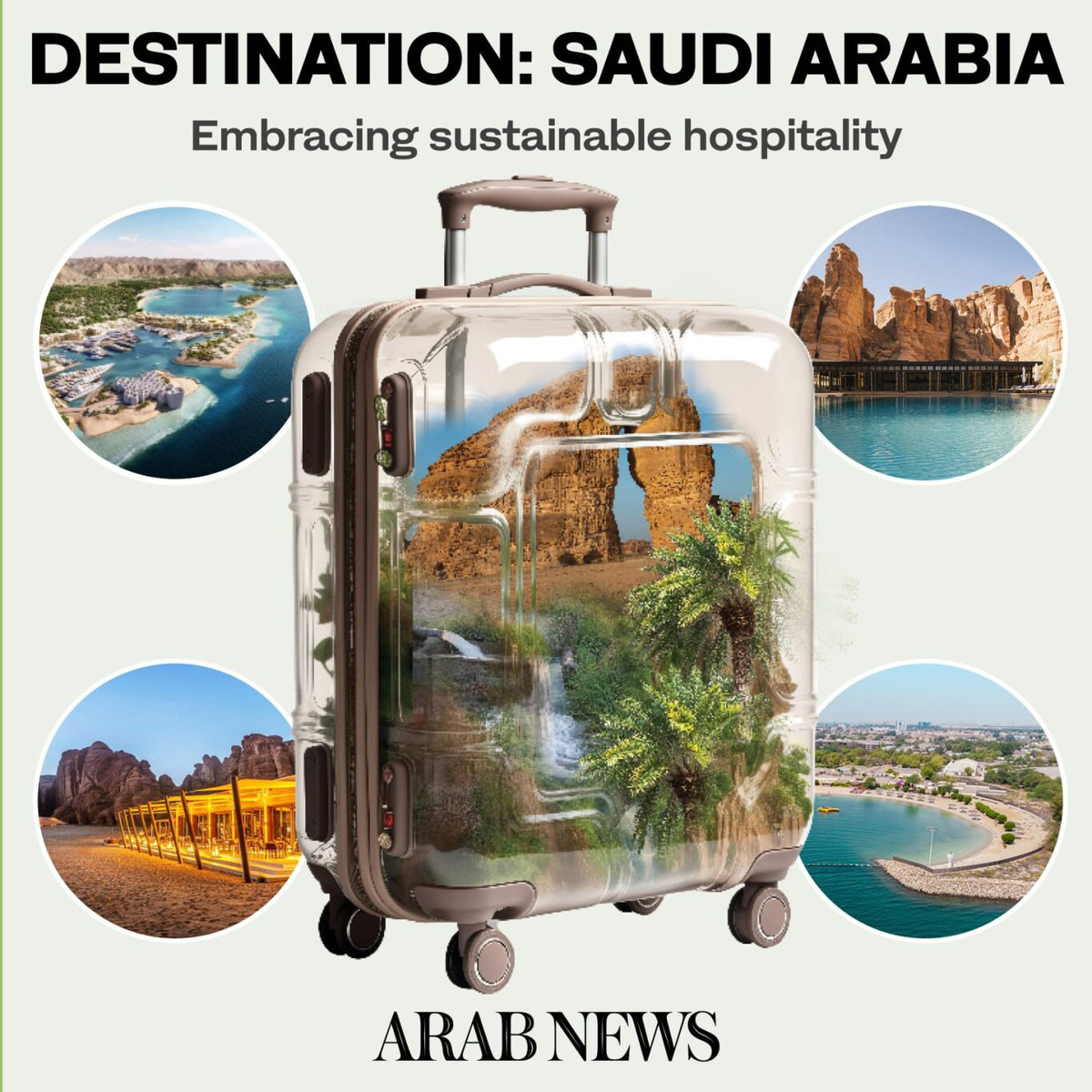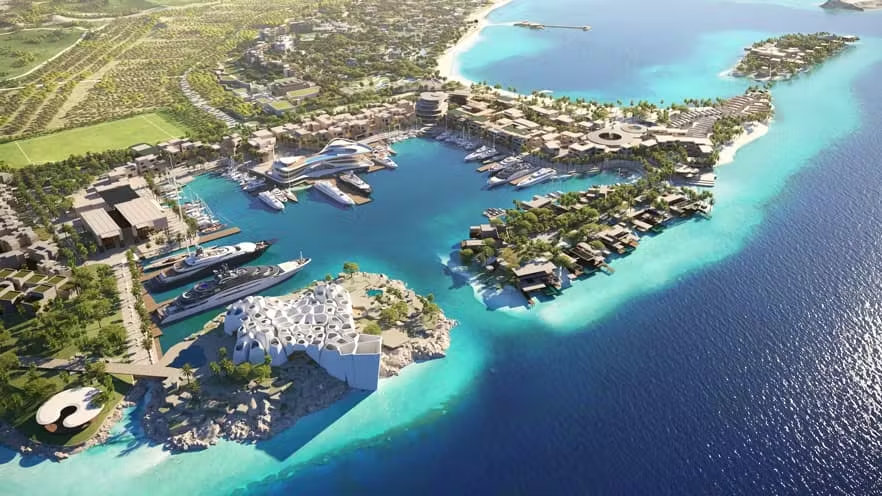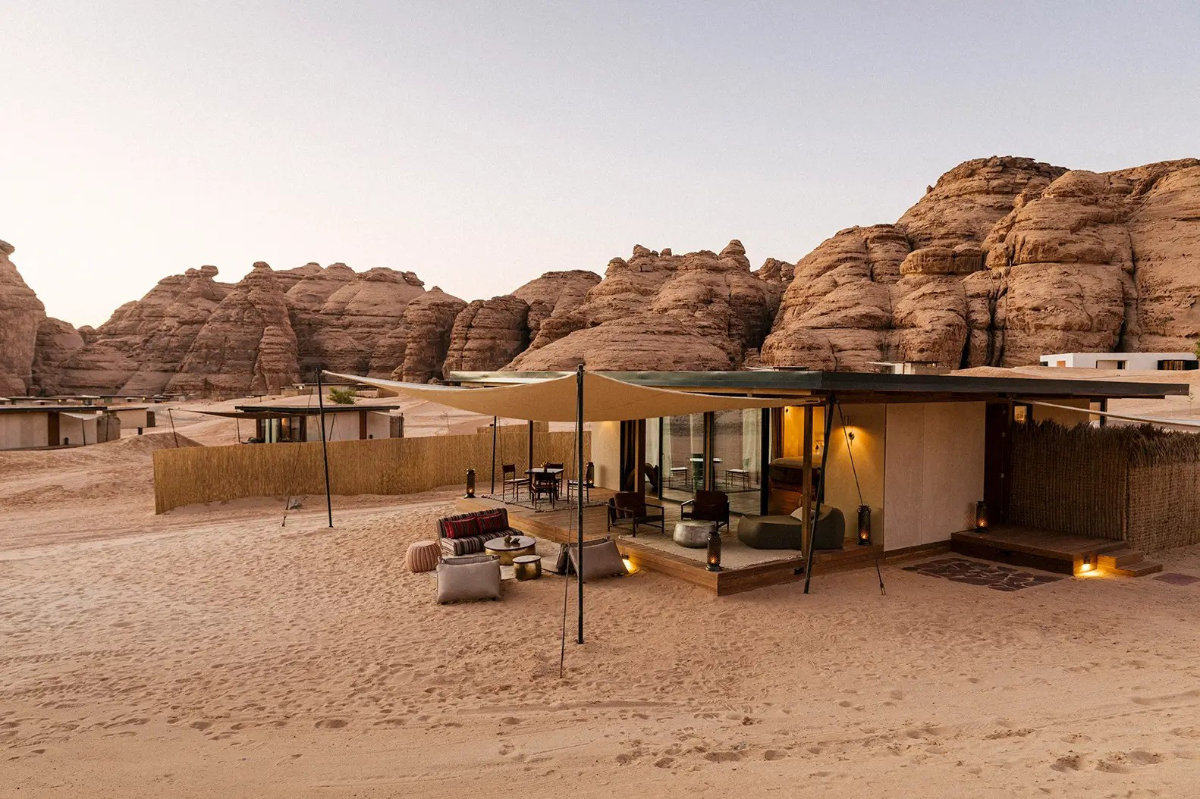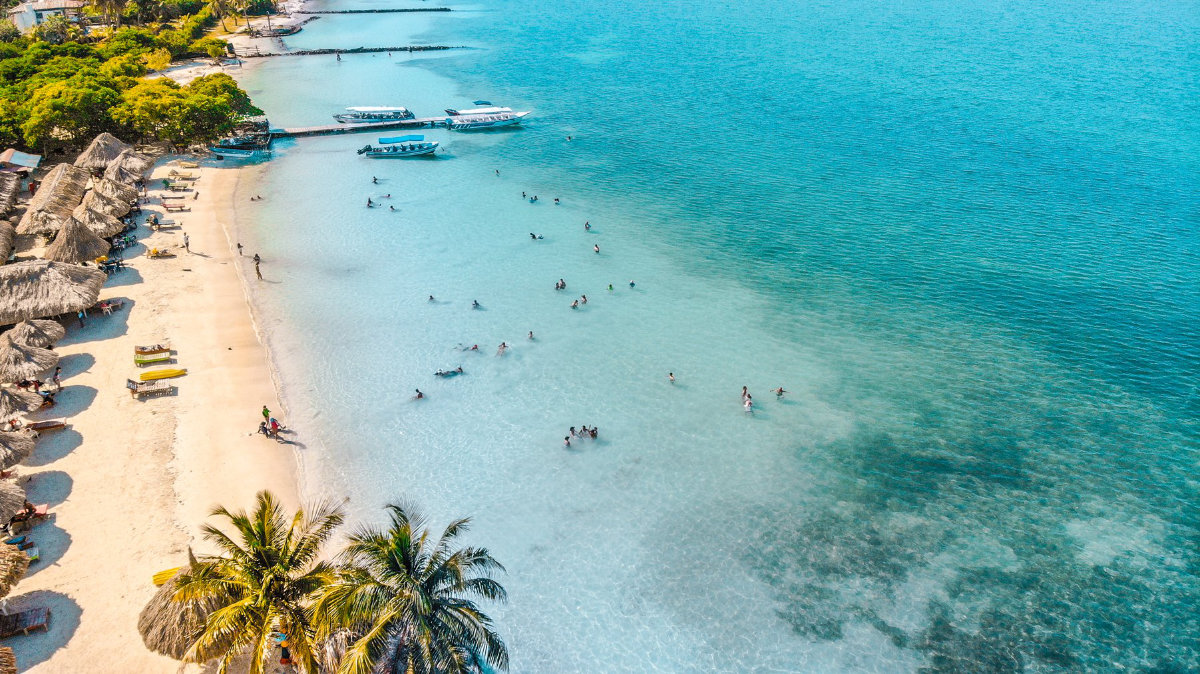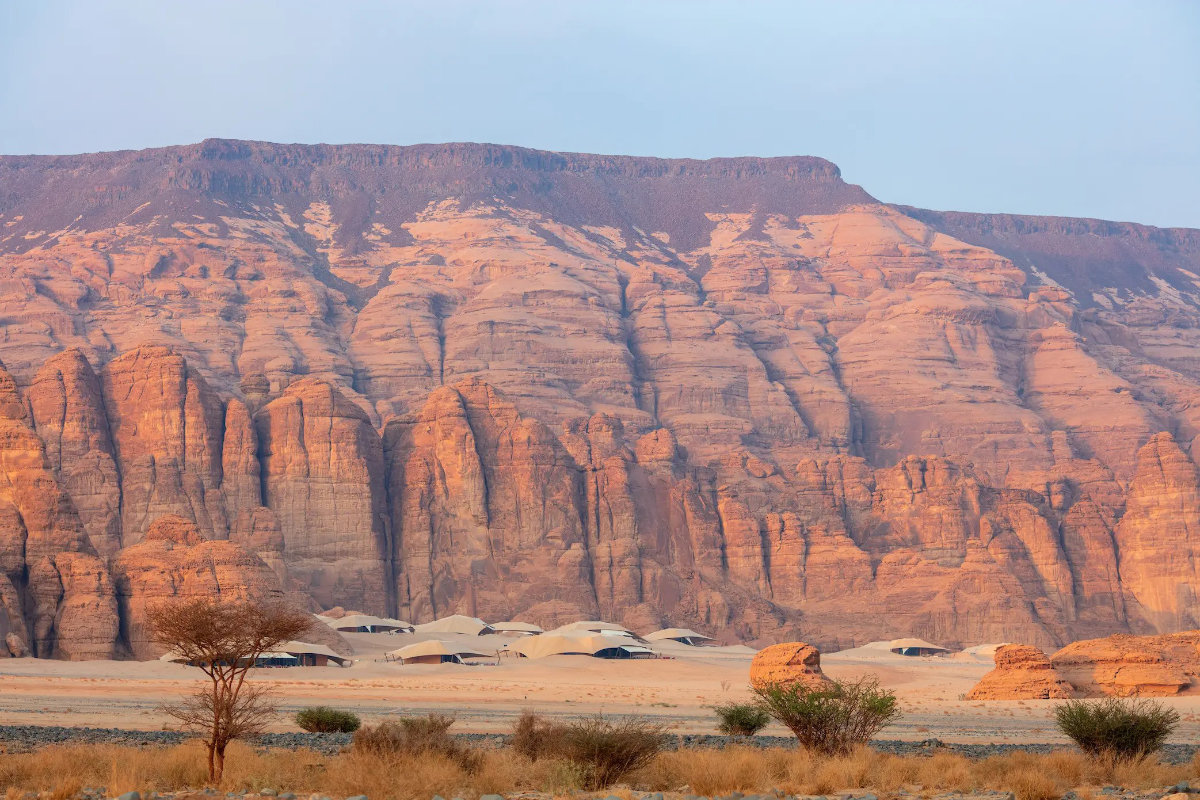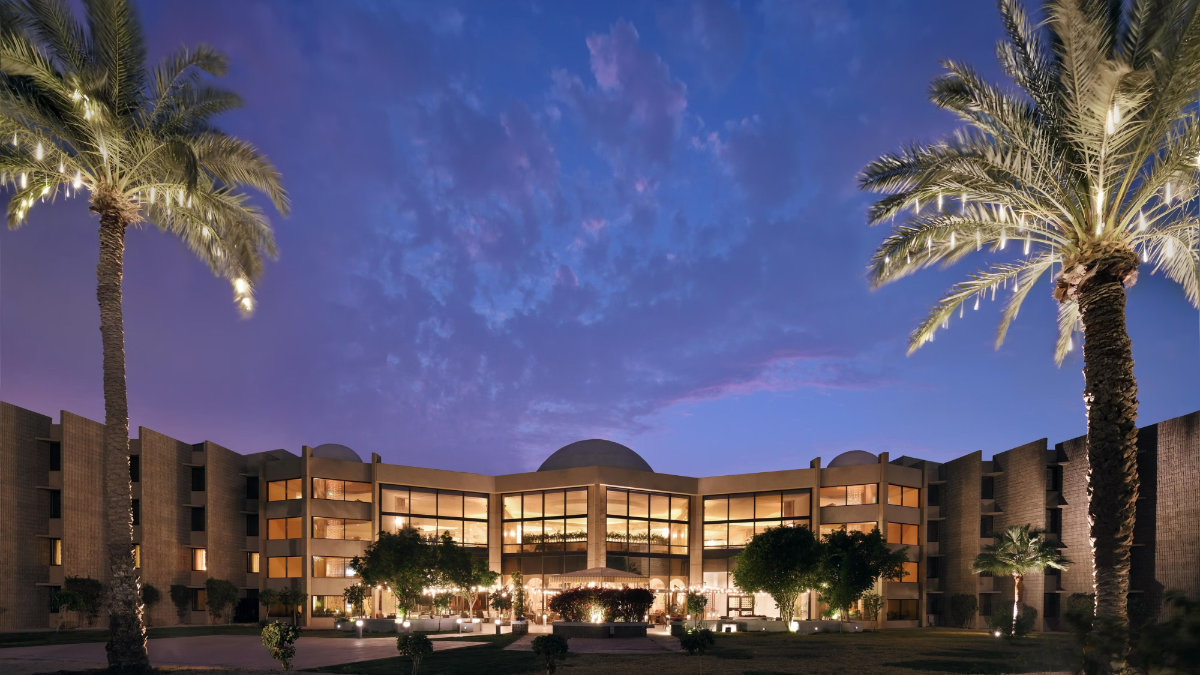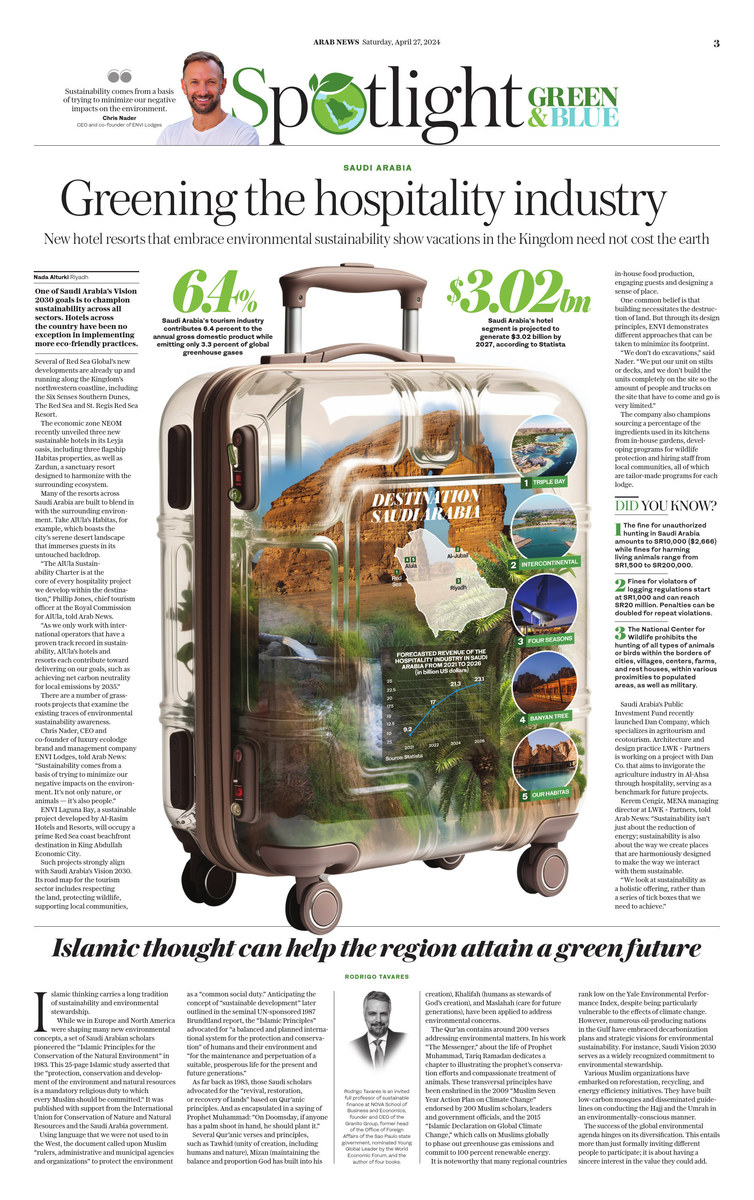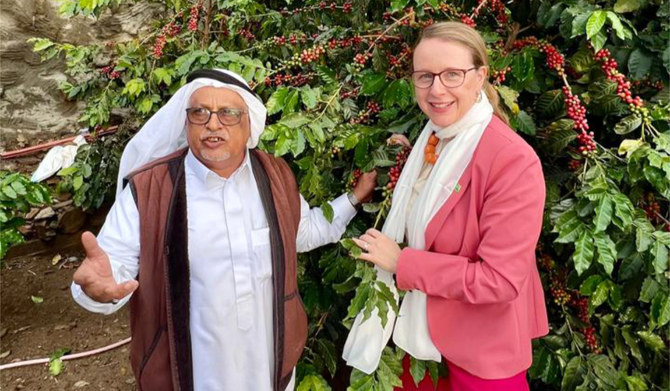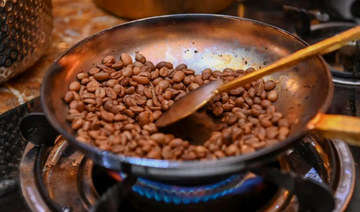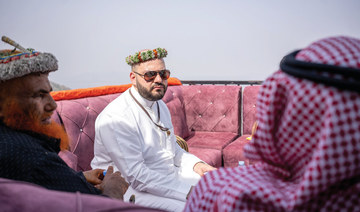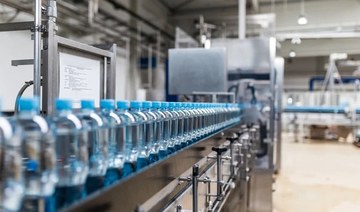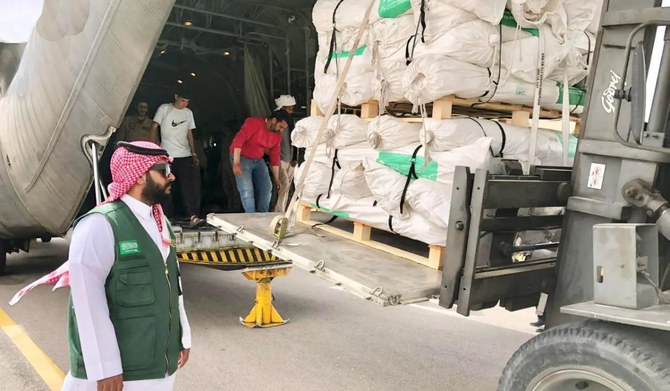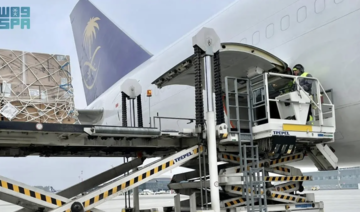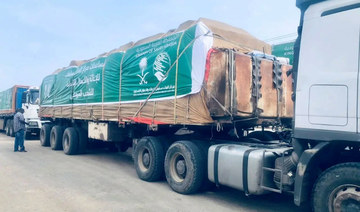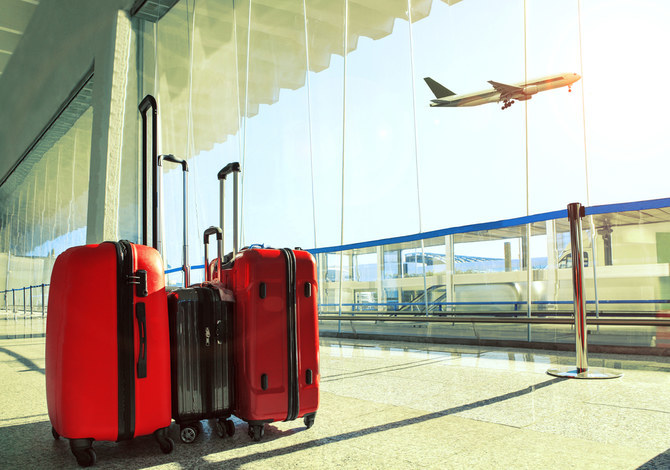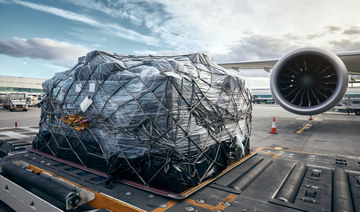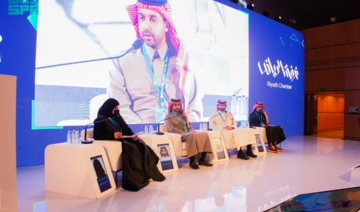MAKKAH: Though the coronavirus pandemic has affected many things, the culture of volunteering continues to remain strong in Saudi Arabia, as citizens serve the Kingdom’s visitors from all over the world.
Mashael Al-Mubarak, the general director of volunteering at the Ministry of Human Resources and Social Development, told Arab News the Kingdom had paid special attention to the issue of volunteerism, as well as its organization and stimulation, despite the crisis.
“Voluntary work carries new horizons, hopes and aspirations in light of the pandemic. Doing voluntary work . . . symbolizes solidarity and cooperation between members of society,” she said.
“Voluntary work’s importance stems from its active role in developing societies by strengthening the belonging of citizens, investing human energies and directing them towards serving the society by relying on the principle of cooperation, partnership and creativity. The goal of volunteering is to grasp positive effects that contribute efficiently to collective efforts, in order to serve the issues that affect the different segments of Saudi society,” she added.
The Saudi government made volunteering an important axis in the Kingdom’s Vision 2030 plan, and it was included in three important programs: The National Transformation Program 2020, the National Character Enrichment Vision Realization Program, and the Doyof Al-Rahman Program.
“Volunteers played a very important role in contributing to facing the COVID-19 pandemic that invaded the whole world and reducing its negative effects with several services, the most important of which was the Volunteer Work Platform,” Al-Mubarak said.
“This platform is designed to be a pioneer in volunteer work to face the pandemic’s repercussions. It is characterized as a Saudi incubator for volunteer work that provides a safe environment, which serves and organizes the association between agencies providing volunteering opportunities and volunteers in the Kingdom.”
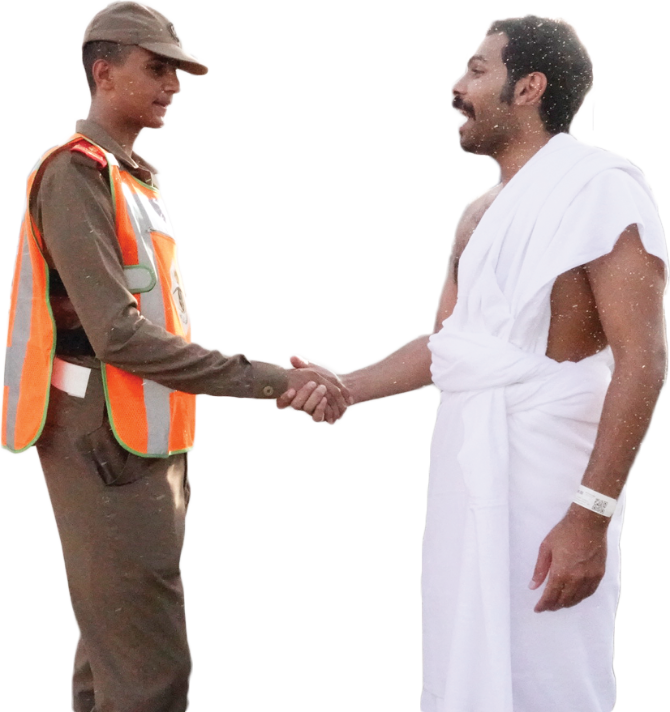
The number of registered beneficiaries on the platform has exceeded 228,000 with more than 2,600 organizations.
Al-Mubarak noted that the ministry had also launched a volunteering manual in crises and disasters using COVID-19 as a model, and a practical guide to help entities and individuals direct volunteering efforts to overcome the resulting repercussions.
“This guide . . . focuses on the pandemic in the Kingdom and how to reach the official authorities with whom they can volunteer during this period,” said Al-Mubarak.
She added that the ministry would take practical steps to promote volunteer work during crises and disasters, managing risks and identifying priority interventions for each target segment, and presenting a set of national initiatives, international experiences and pioneering initiatives in various countries of the world during crises and disasters to benefit from them. “The General Administration of Voluntary Work of the Ministry of Human Resources and Social Development . . . have confidence in their ability to reach one million volunteers annually by 2030, to contribute to the advancement and reconstruction of the country. In 2020, in light of the COVID-19 pandemic, the number of volunteers reached 61,753, implementing 2,279,182 volunteer hours through 22,665 opportunities,” said Al-Mubarak.
For his part, the volunteer community’s CEO, Raed Al-Maliki, told Arab News: “Volunteering is the only work that reflects the giving nature of people, as it is carried out with the selfless desire of volunteers to serve their community.”
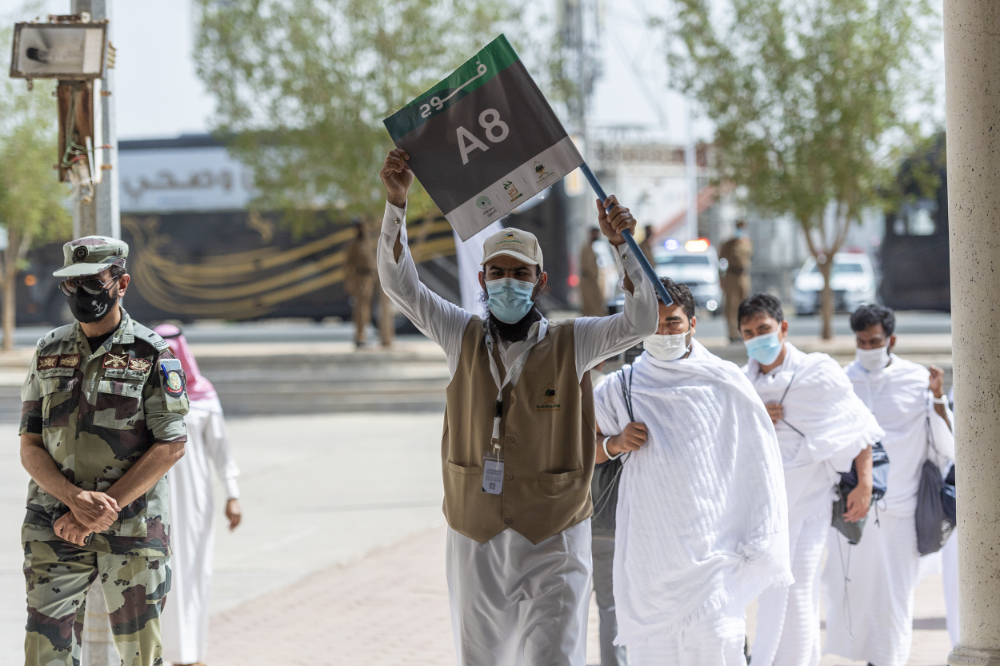
Thousands of Saudis volunteer as guides for pilgrims in Makkah during Hajj. (SPA)
“In Saudi Arabia, volunteer work has become a subject of the leadership’s interest and trust in the last ten years. Our leadership has faith in volunteers, of both genders, as some government sectors have launched a series of initiatives that have contributed to empowering and involving volunteers, especially in the field of serving the pilgrims, which every Saudi and expat on this Earth considers as a great honor.”
Al-Maliki said that every year, before the Hajj season, a flow of volunteers who wish to help during the season come forward. However, 2020 may be different due to COVID-19, and would require new and different initiatives, such as sterilization initiatives, social distancing measures and education for pilgrims about safety.
“I believe that a platform that brings together all initiatives related to the service of the Grand Mosque and the Prophet’s Mosque’s visitors should be launched, in order to organize volunteer efforts in the Hajj and Umrah season. It will be supervised by a program serving God’s guests, which was inaugurated by King Salman in 2019 and is one of the Saudi Vision 2020 programs,” said Al-Maliki. “This program analyzes and identifies the need for volunteers, by engaging them in voluntary opportunities belonging to non-profit organizations in order to provide an opportunity to participate in serving the pilgrims and achieving the development goals of the program.”
It is through this organization that volunteers can carry out their work easily and effortlessly, without the trouble of searching for their voluntary needs, he said. They will not be exposed to exploitation or loss of rights, as this platform will be the link and guarantor for all parties and the coordinator of their relationship.
“We in the volunteer community have contributed over the past two years to empowering more than 3,500 volunteers through the ‘Tamkeen’ projects aimed at qualifying volunteer leaders. We also launched the volunteer counseling service, which provided 1,200 voluntary counseling sessions in one year,” said Al-Maliki.
Meanwhile, Dr. Ghada Al-Ghunaim, a member of the Board of Trustees of the King Abdul Aziz Center for National Dialogue, said: “Saudis are passionate about volunteer work and have extensive experience and expertise, whether within the Kingdom or abroad.”
Al-Ghunaim added that the most important thing that governs volunteerism is the presence of an official body that shields this work, organizes it and ensures its reliability, to reassure parents that their children are under a governmental administration that is properly enhancing and qualifying their capabilities, and immunize them against extremism, and some agendas that function outside of the volunteering framework.
She said that volunteers have become more aware of their responsibilities, the parties they join, their rights, and what they are supposed to offer. The relationship between volunteers and the organizations they work with is more like a contract characterized by commitment, transparency and professionalism, in addition to having great benefits on self-control and preparation.
On her personal experience, Al-Ghunaim said that she spent nine years volunteering inside Saudi Arabia and abroad, which prepared her for the labor market, adding that it was a rehabilitative culture, filling free time and meeting needs.
The pilgrimage this year would not neglect the importance of organizing volunteerism, despite the small numbers of pilgrims, she added. “Volunteers are expected to be trained on how to act, on precautionary measures, and on requirements, in addition to acting cautiously and responsibly.”





